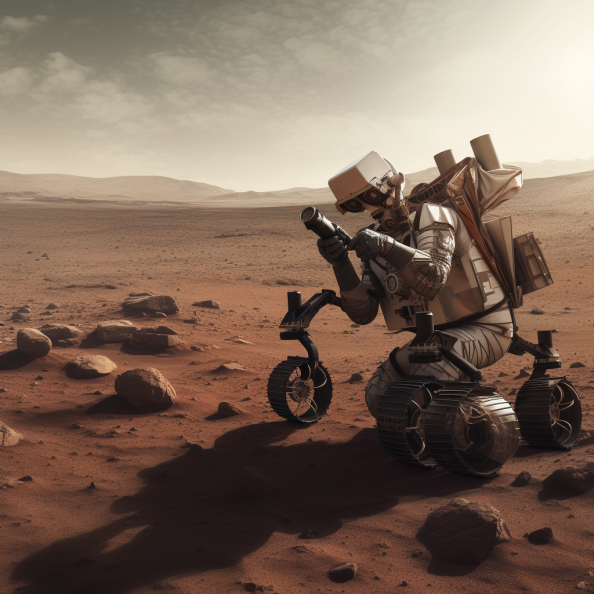
All of evolution followed through the survival and counter intelligent species trying to find a place and share of the resources of the planet for the distribution of their progeny. Then a miracle happened for monkeys and a branch of species came through called Homo – Sapiens whose brain structure formed such chemical bonds to create neurons to even question themselves. Alas Curiosity was born !!
Human curiosity is fundamentally motivated by amazement and wonder. It is the urge to unravel the world’s riddles and uncover the significance of our existence. This sense of awe is what motivates us to go to new places, scale mountains, and explore the ocean’s depths. It drives us to pose inquiries, disprove presumptions, and look for fresh viewpoints.
Human curiosity has numerous advantages. It has sparked innumerable scientific breakthroughs and technical developments, including the birth of the internet and the wheel. Inspiring movements for justice and equality and posing a challenge to oppressive power structures, curiosity has also fueled societal change. It has bonded us as a worldwide community by bridging our differences in geography and culture.
But there are drawbacks to human curiosity as well. As we pursue knowledge and experience without regard for our own or others’ safety, it can lead us down perilous pathways. It might encourage us to take advantage of the environment and one another out of our need for control and power. Additionally, it occasionally causes us to reflect on the origins of our life, leaving us feeling unsure and bewildered.
Human curiosity continues to be a strong force for good in the world despite these obstacles. It has motivated countless generations of researchers, creators, and explorers to push the bounds of what is conceivable, to imagine a better future, and to toil assiduously in order to bring that future into being. It has aided in our understanding of the world, of who we are, and of the beauty and intricacy of the cosmos.
Utilising human curiosity to help with some of the most important problems facing the world is another approach to harness its power. By focusing our interest on challenges like social injustice, climate change, and global health, we can generate fresh ideas and creative ways to these challenging concerns. By encouraging people to listen to and learn from those with various viewpoints and experiences, we may use curiosity to foster empathy and understanding.
Finally, it should be noted that human curiosity is a strong factor that has shaped our environment in a variety of ways. It has encouraged us to go to new places, develop cutting-edge technology, and unlock the mysteries of the cosmos. It has strengthened our bonds as a world community and encouraged us to envision a brighter future. However, it has also presented difficulties, guiding us down perilous roads and igniting our need for dominance and control. By utilising human curiosity for the greater good, we can promote lifelong learning, encourage an innovative culture, and tackle some of the most critical issues facing the planet.
To be in existence and to be with existence there’s only one difference: Curiosity.